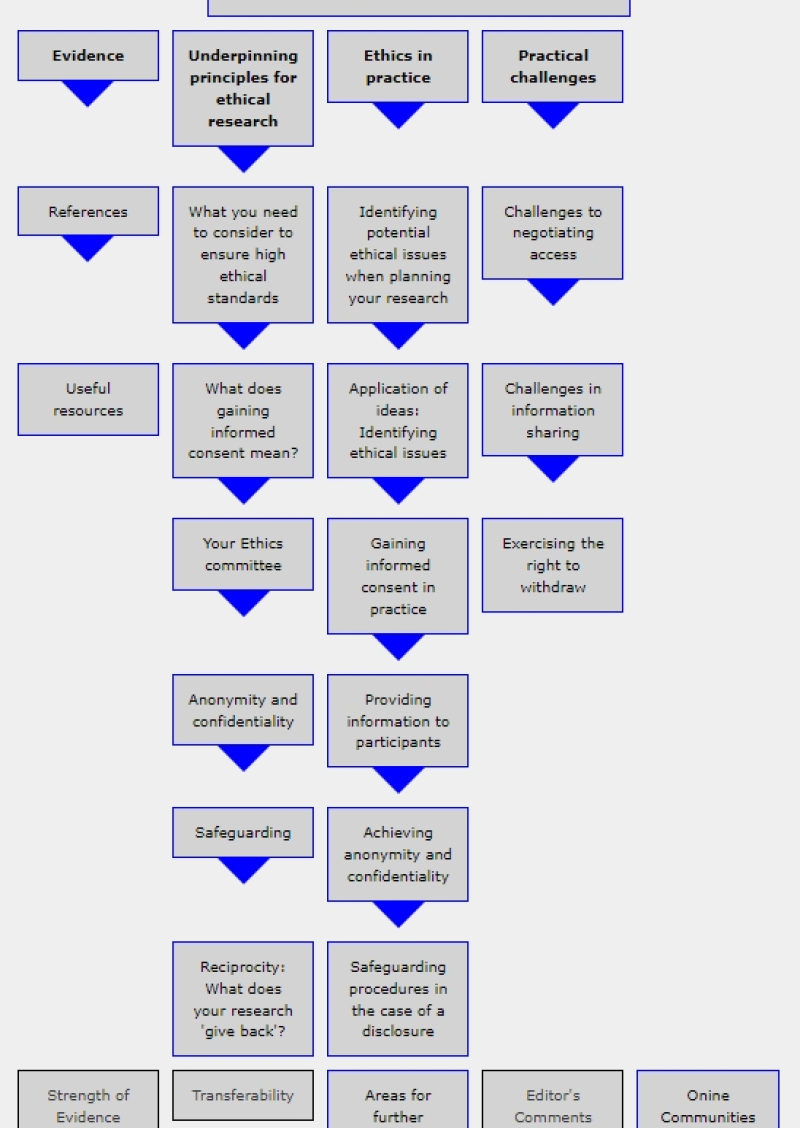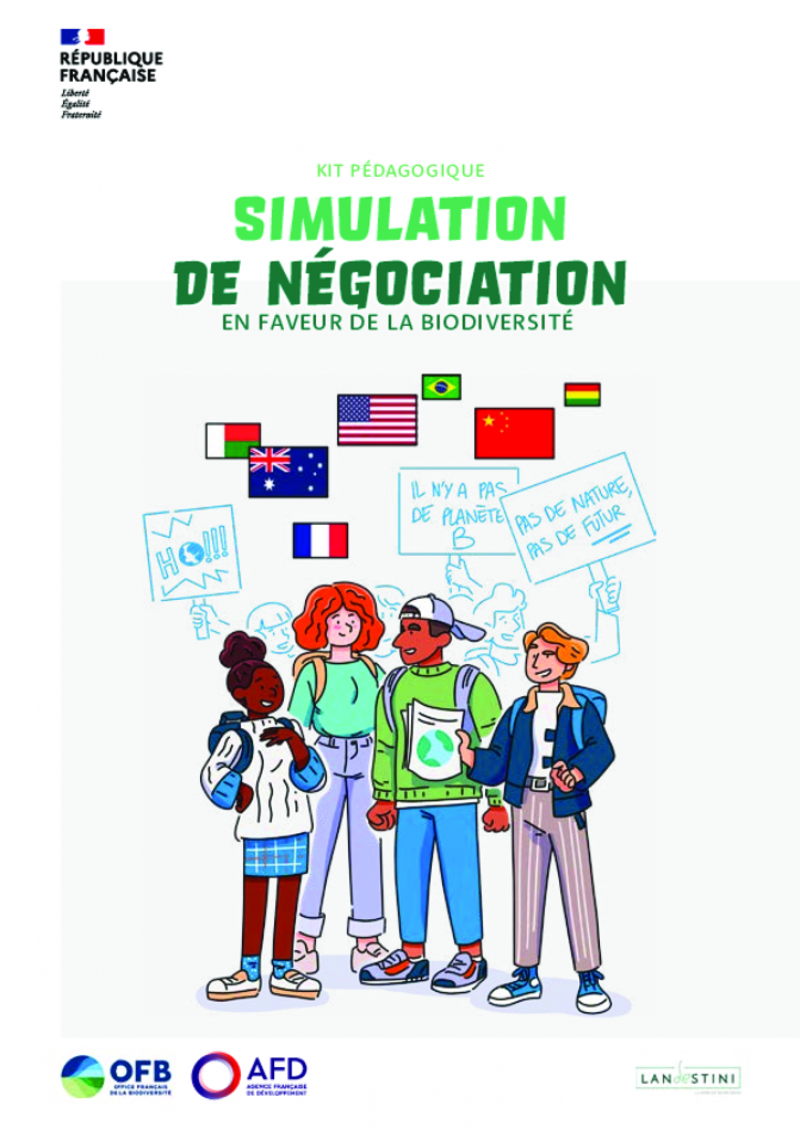Centro de Recursos para Docentes
Visualizar 1 - 3 de 3
Research Methods- Considering Ethics in your research
This MESHGuide draws on a range of key literature in the field of social science research ethics. It is designed to help teachers to:
- Understand the significance of ethical concerns in the research process
- Identify the nature of the ethical issues that may be of significance in the design and implementation of their research
- Develop their research design in a way that takes into account ethical considerations, so that their research is as ethical as possible
- Understand the complexity of the process of gaining informed consent and enable them to achieve this
- Reflect on the complexity of research ethics
Teacher's handbook remedial education
Remedial education programs provide responsive and flexible learning support for students as they continue to attend regular public-school classes. Remedial education targets students for whom the regular education system is not the best fit, providing them with content and skills needed to succeed in formal education.
This remedial education handbook is for primary school teachers who are already working in school settings and who want to begin a remedial education program. This handbook is also useful for education personnel such as principals, administrators, and counselors, and can be used for teacher training. It was designed for teachers and education personnel working in Arabic-speaking contexts as a self-guided reference that can be used to design, implement, and improve remedial education classes. It was developed based on World Vision’s experiences facilitating a remedial education program in a specific context (Jordan). However, its contents are versatile and can be applicable in many other contexts where children live in vulnerable conditions and require academic support and protection.
Simulation de négociation en faveur de la biodiversité. Kit pédagogique
Ce livret pédagogique propose un parcours en 5 étapes pour enseigner les sujets complexes liés à l’environnement et au développement durable.
Chacune de ces étapes fait avancer les connaissances et les compétences des élèves dans le domaine des négociations internationales sur la biodiversité. Les deux premières étapes introduisent successivement les notions de biodiversité et de négociations internationales. La troisième étape permet aux élèves de s’identifier à l’acteur qu’ils ont choisi de représenter et de s’imprégner de leur rôle. La quatrième étape est le moment phare du projet : les élèves, réunis en délégations, débattent entre eux pour élaborer ensemble des solutions qui feront consensus. Enfin, la cinquième étape permet aux élèves d’agir en réalisant un projet concret en faveur de la biodiversité.


